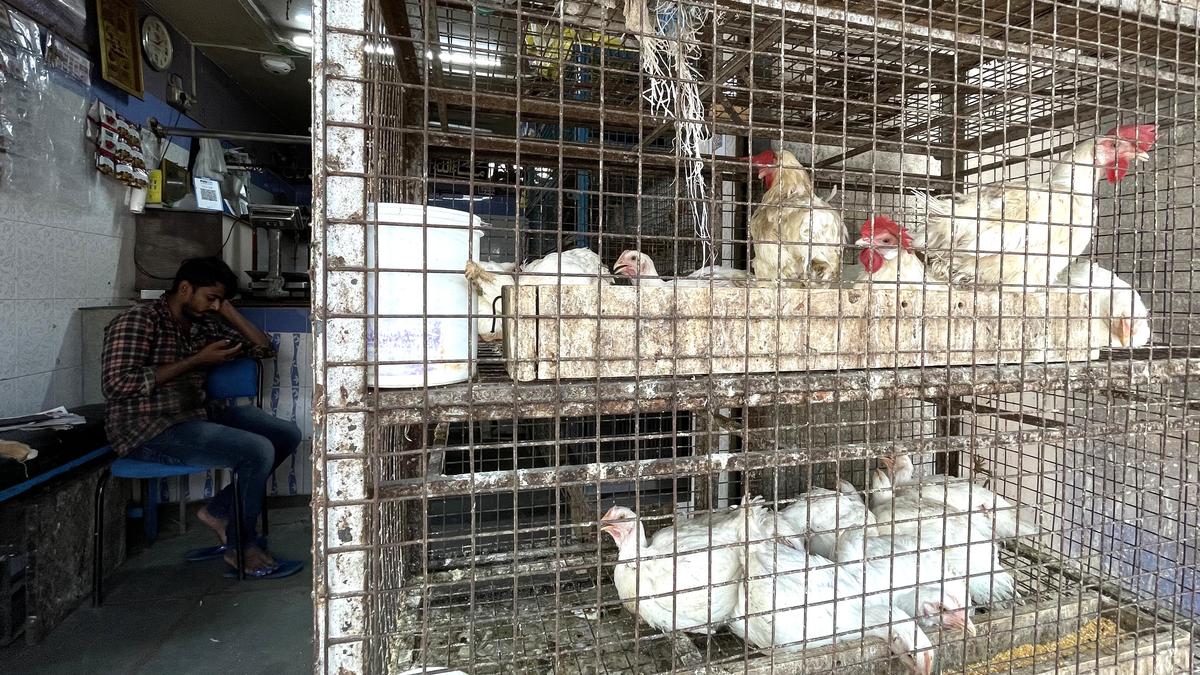)
5 years, 10 months ago
Eggs consumed from poorly maintained Indian poultry farms are more of a health scare than part of healthy diet
FirstpostThe best eggs really come from hens that spend their days outdoors in a natural environment and scratch for insects, seeds and earthworms in the soil. Despite India being one of the three largest egg producers in the world, with 47 billion a year, they do not meet international standards, and Indian eggs are rejected for export due to chemicals in and outside the shells. Because a thin shell means that the mother has been ill. Diseases like infectious bronchitis, Newcastle disease, avian influenza and egg drop syndrome, affect the shell quality. The internal contamination of eggs, by Salmonella, is either because the shell is thin enough to be penetrated, or that the egg was contaminated by the infected reproductive organs of the hen.
Food
Quality
Water
Indian
Shell
Egg
Eggs
Poultry
Salmonella
Calcium
Poultry Farms
Health Scare
Hens
Eggshell Quality
quality
shell
maintained
health
scare
poultry
healthy
eggs
water
food
hens
farms
egg
calcium
diet
salmonella
poorly
indian
History of this topic
1 month, 1 week ago
Bird flu outbreak in Andhra Pradesh: Burden of bird blight
The Hindu
1 year, 3 months ago
How Risky Is It To Drink Eggnog? Food Safety Experts Share Their Concerns
Huff Post
2 years, 2 months ago
How food becomes poison
The Hindu
4 years, 2 months ago
Bird flu: India's chicken and egg problem
India Today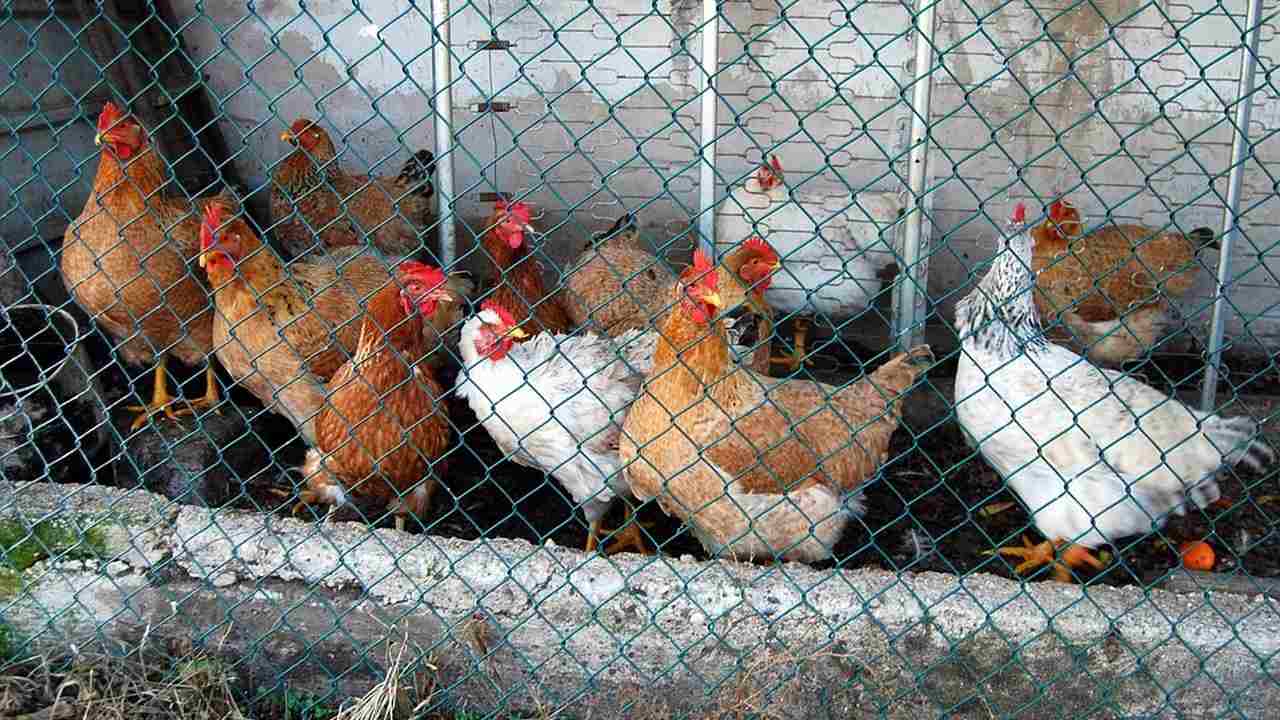)
5 years, 10 months ago
Mumbai's chickens are host to antibiotic-resistant bacteria, pose serious health risk: Report
Firstpost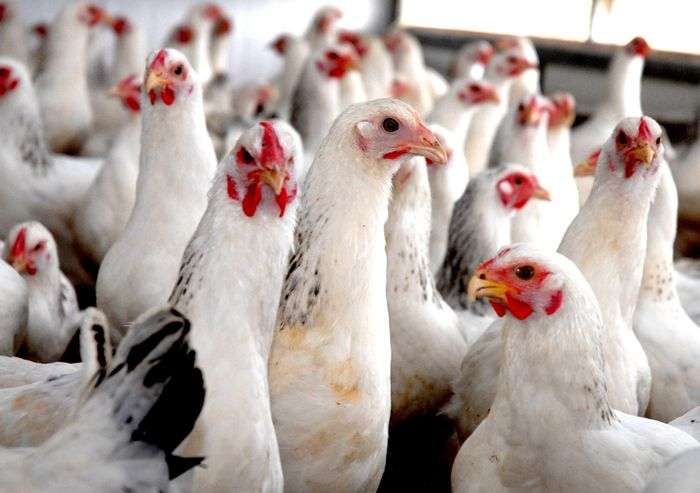
7 years, 8 months ago
Indian poultry farms are breeding grounds for antibiotic-resistant pathogens, study finds
India TV News
8 years, 11 months ago
Egg export from state shows declining trend in Rajahmundry
Deccan Chronicle
11 years ago
Victorian egg farm recovers from salmonella problem
ABC
18 years, 4 months ago
The Big Question: Was Edwina Currie right about salmonella in eggs, after all?
The IndependentDiscover Related

6 days, 4 hours ago

1 week, 2 days ago
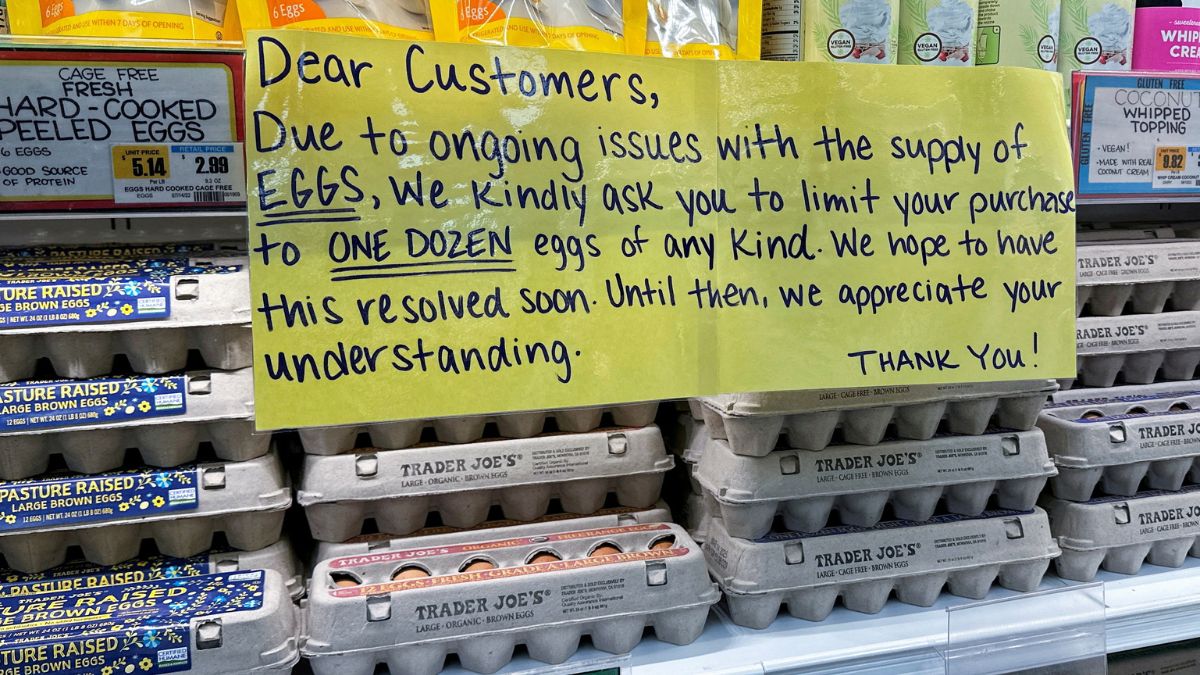)
Trending News
1 week, 3 days ago
1 week, 6 days ago
1 week, 6 days ago

3 weeks, 2 days ago

4 weeks, 2 days ago

4 weeks, 2 days ago
Top News
1 month ago

1 month, 1 week ago

1 month, 1 week ago

1 month, 1 week ago
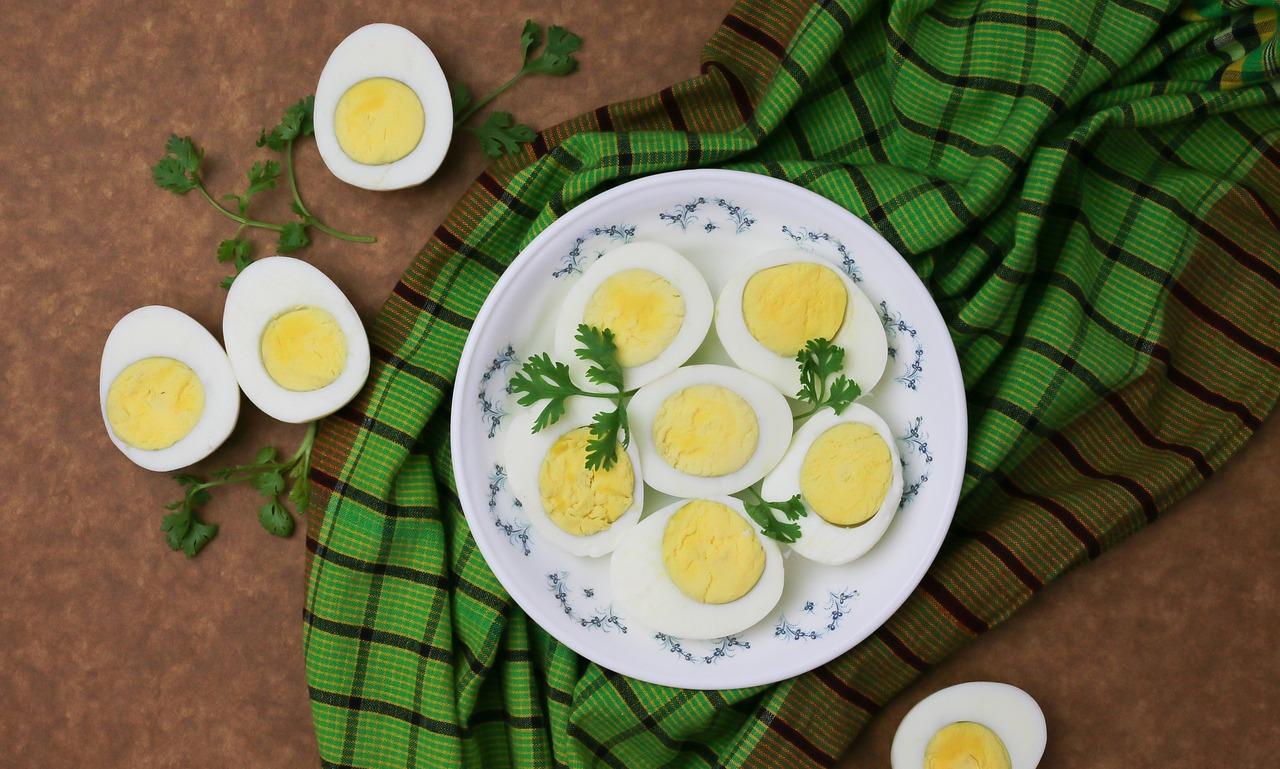
1 month, 1 week ago
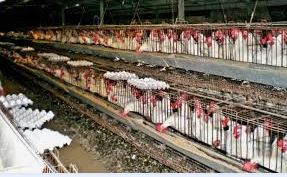
1 month, 1 week ago

1 month, 1 week ago
1 month, 1 week ago
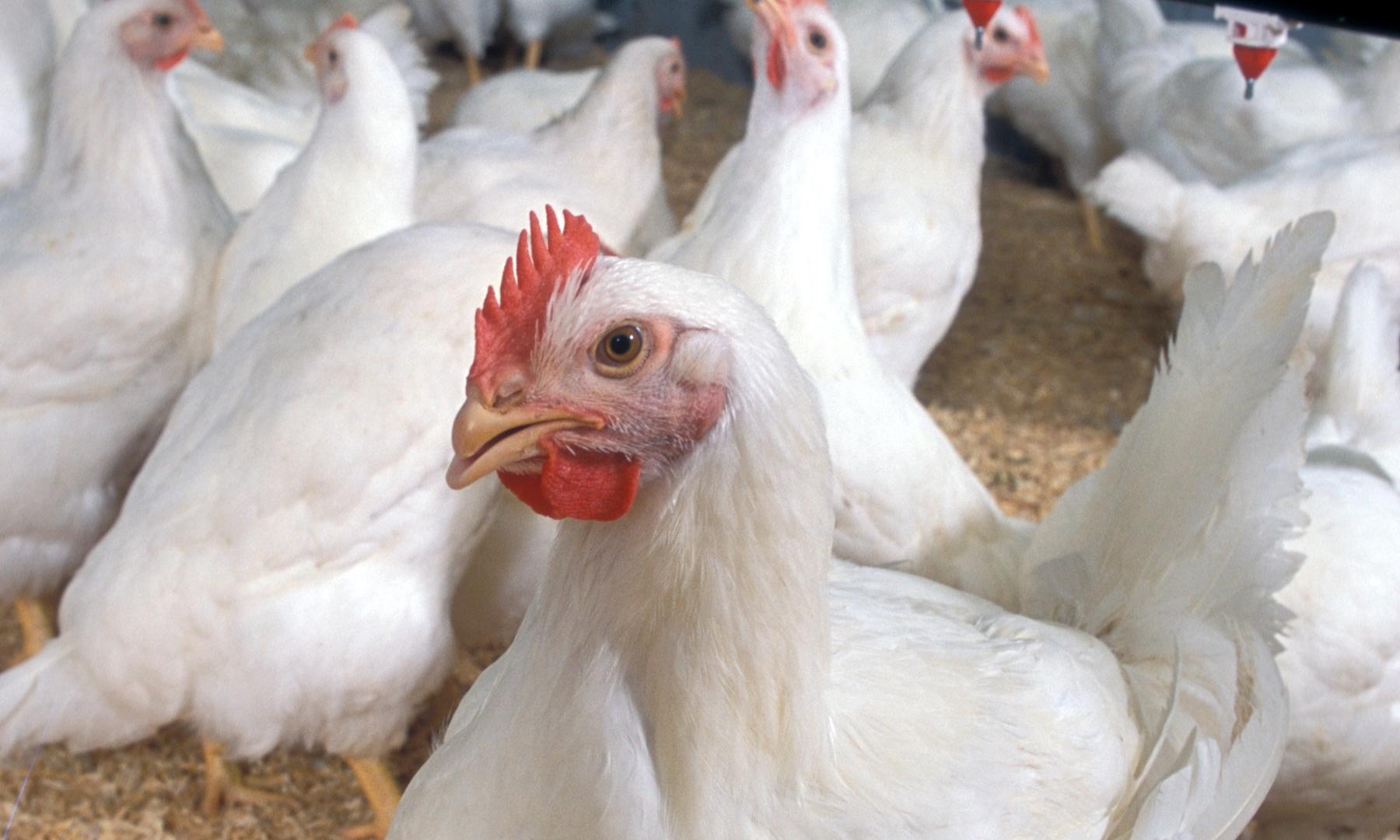
1 month, 1 week ago
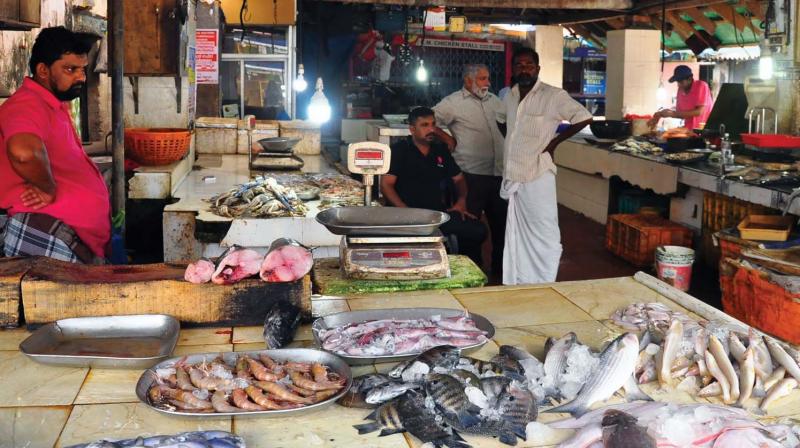
1 month, 1 week ago

1 month, 2 weeks ago
Trending News
1 month, 2 weeks ago
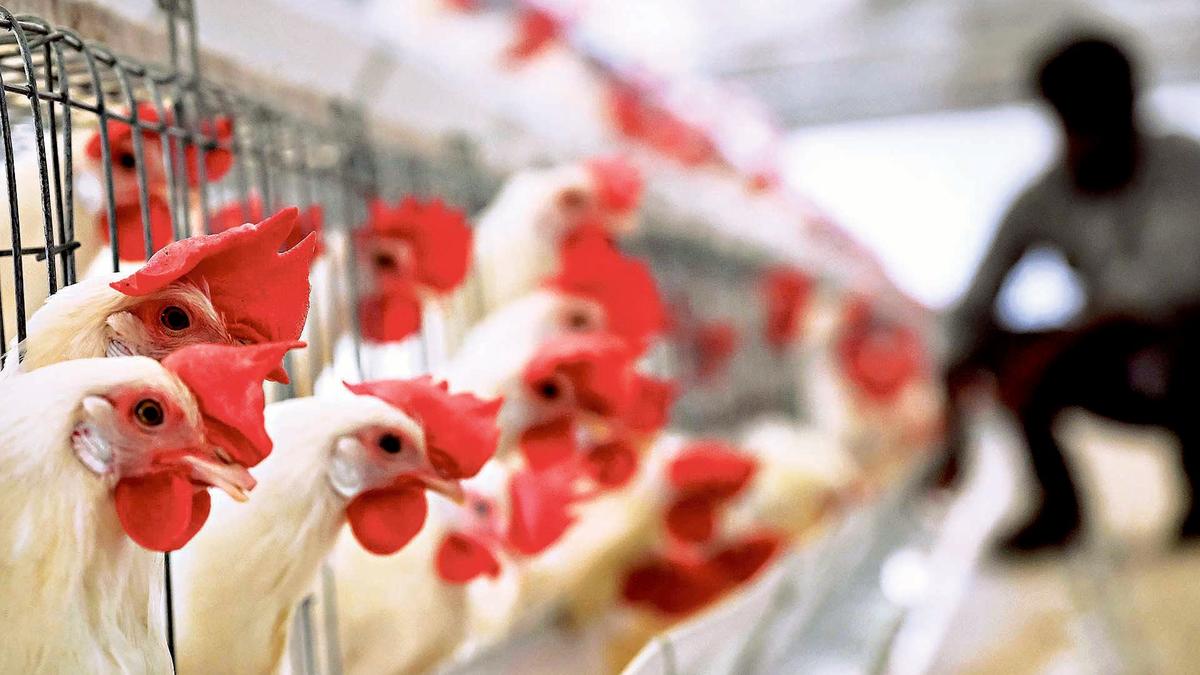
1 month, 2 weeks ago
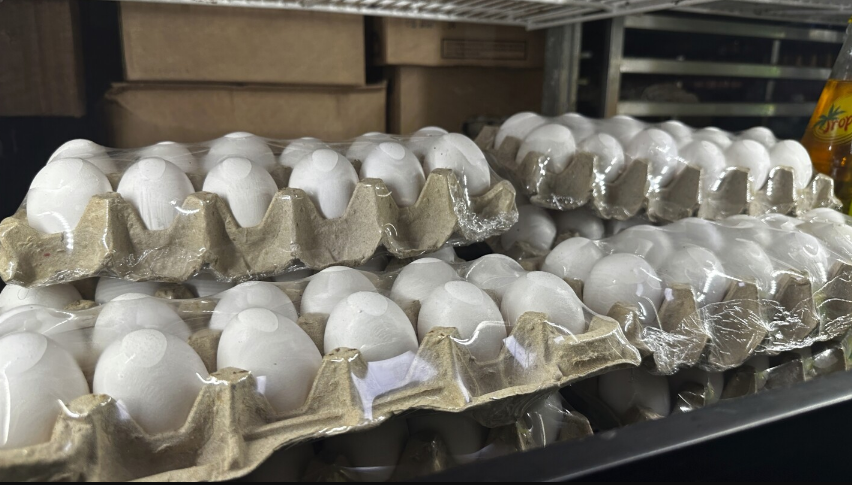
Trending News
1 month, 2 weeks ago

1 month, 2 weeks ago

1 month, 2 weeks ago
1 month, 2 weeks ago
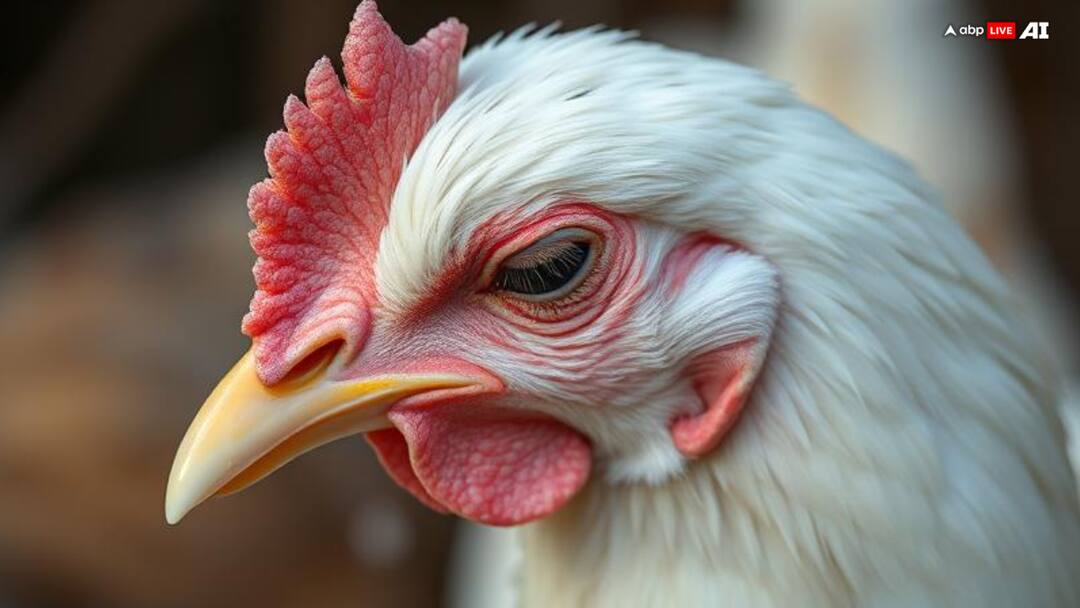
1 month, 2 weeks ago

Trending News
1 month, 2 weeks ago

1 month, 2 weeks ago
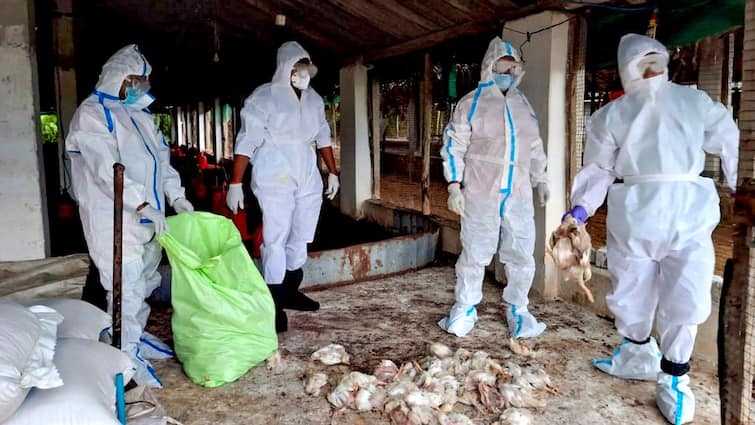
1 month, 2 weeks ago
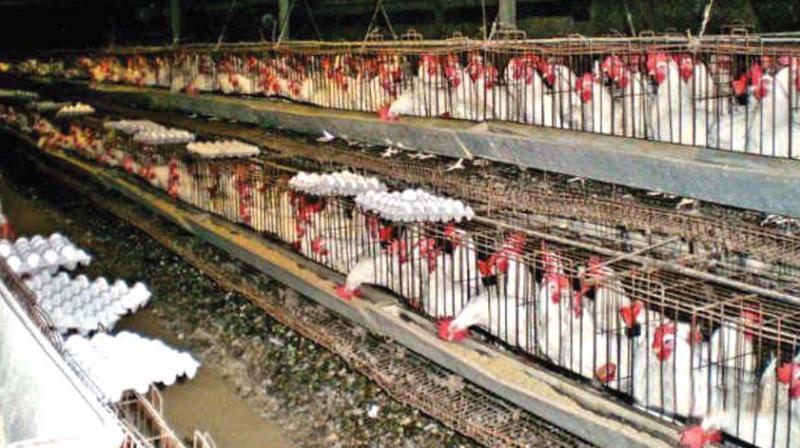
Trending News
1 month, 2 weeks ago
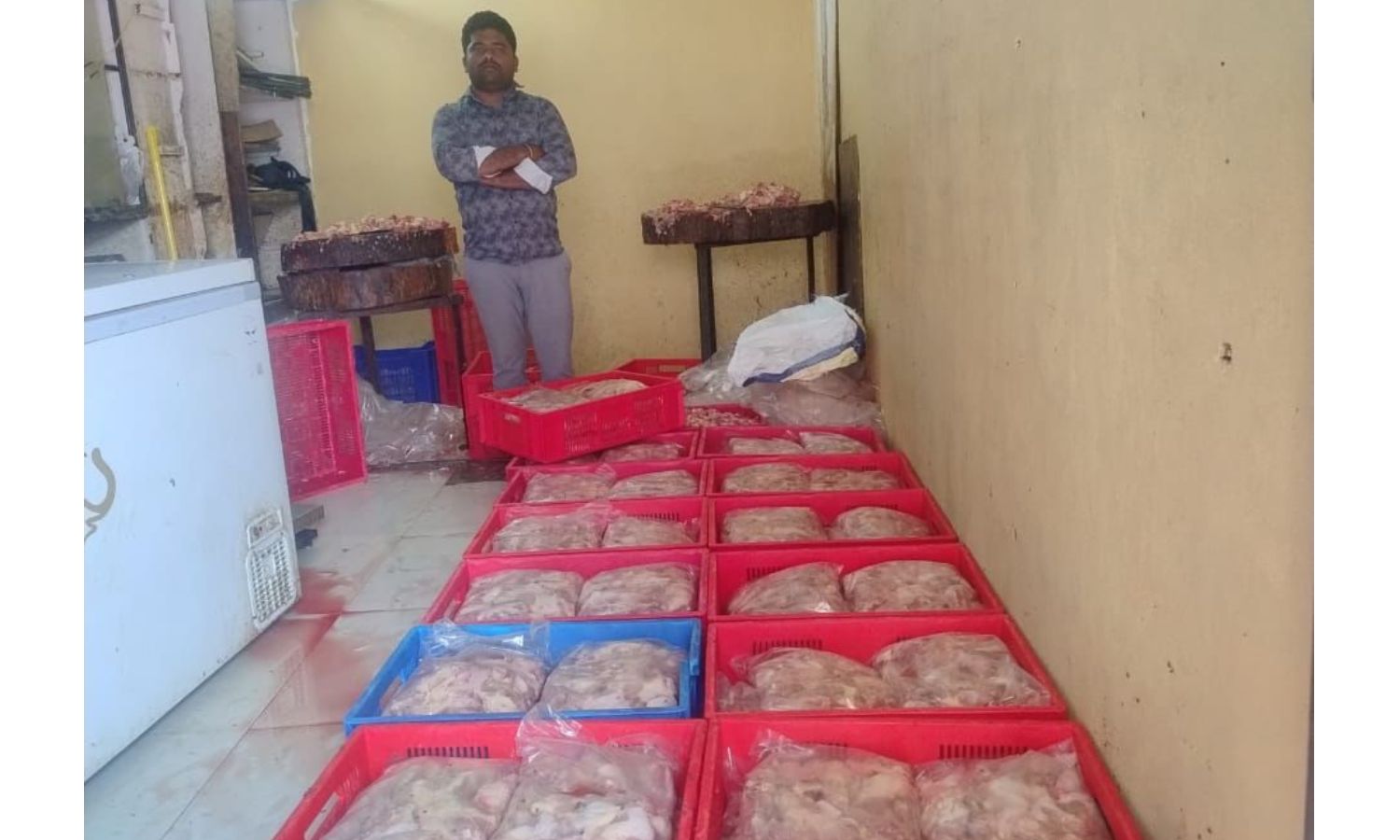
1 month, 2 weeks ago
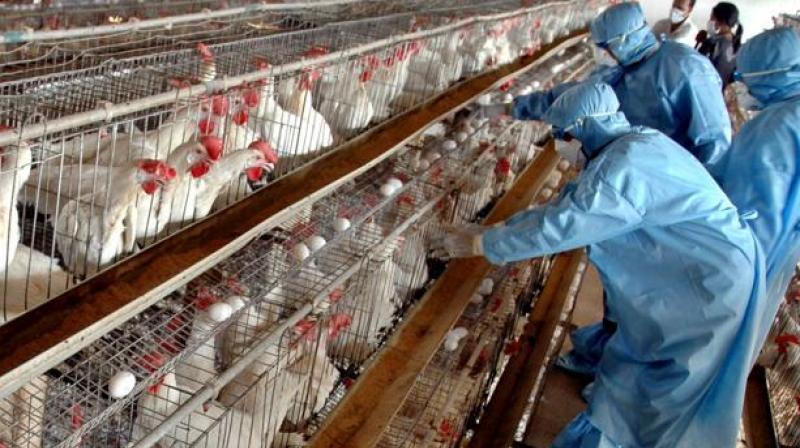
Trending News
1 month, 2 weeks ago
1 month, 2 weeks ago

1 month, 2 weeks ago
1 month, 2 weeks ago
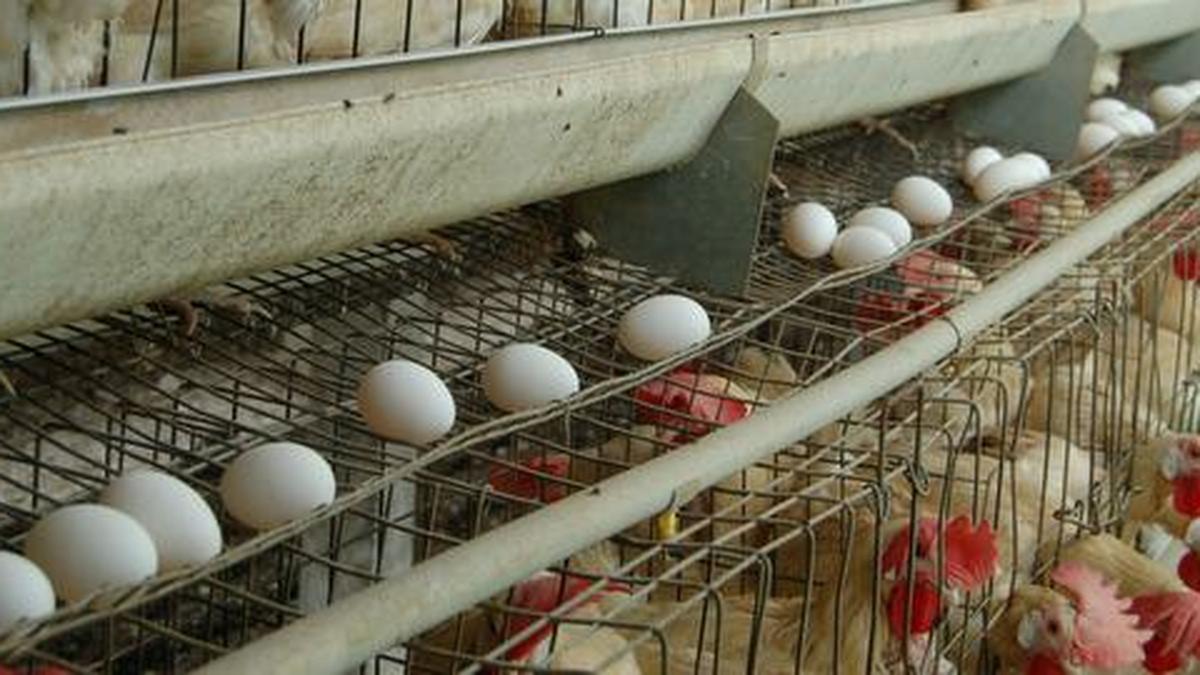
1 month, 2 weeks ago

1 month, 2 weeks ago

1 month, 2 weeks ago

1 month, 2 weeks ago

1 month, 2 weeks ago
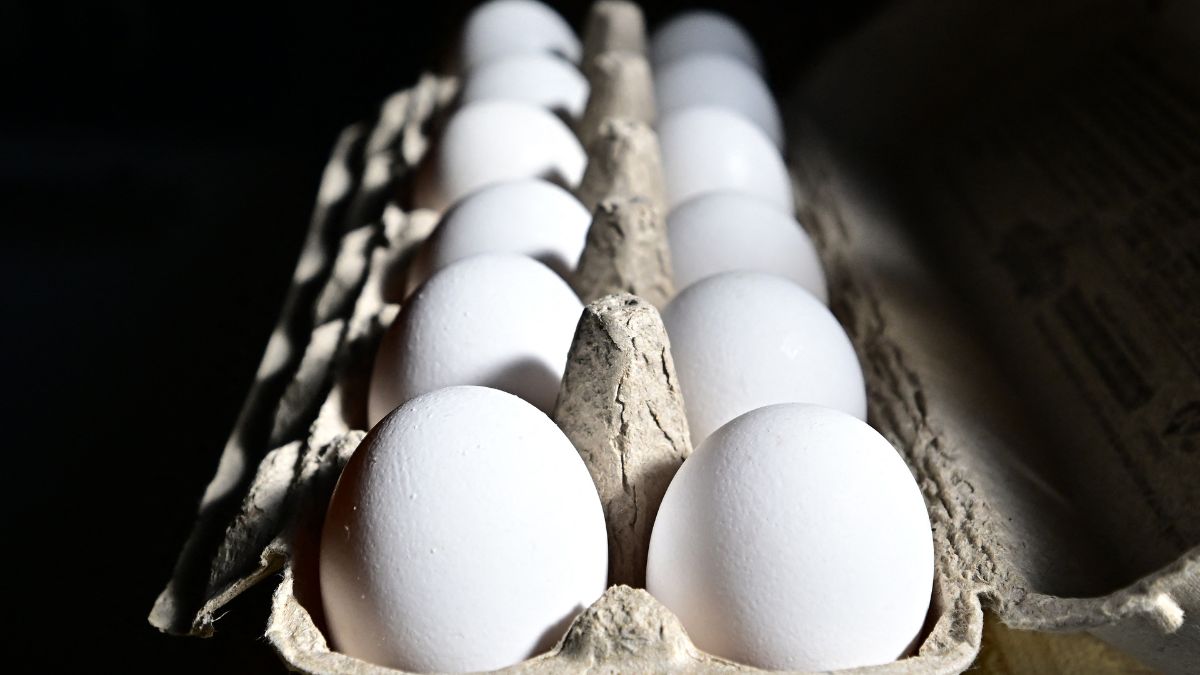)
1 month, 2 weeks ago

1 month, 3 weeks ago
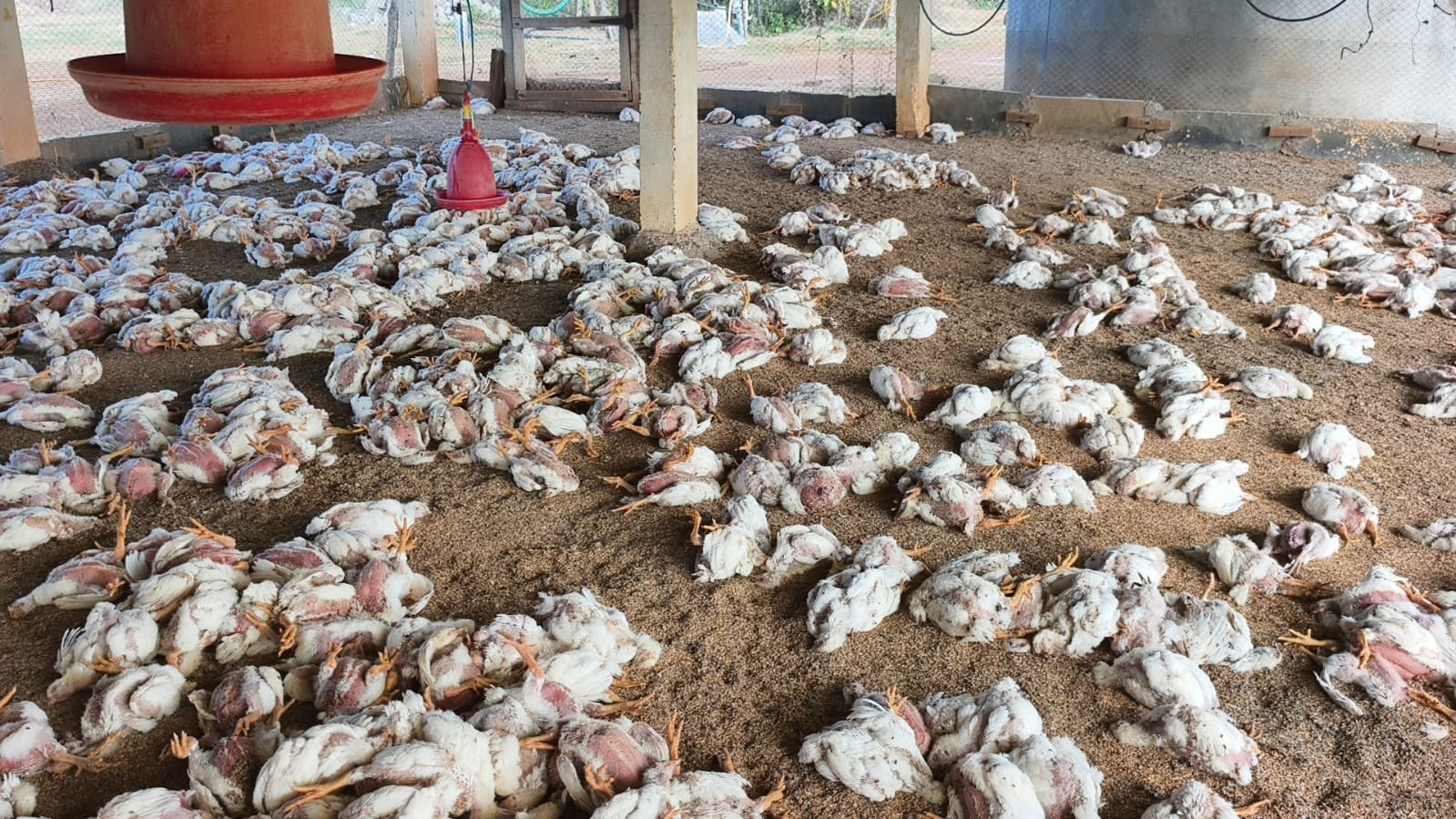
1 month, 3 weeks ago
1 month, 3 weeks ago
1 month, 3 weeks ago

1 month, 3 weeks ago
